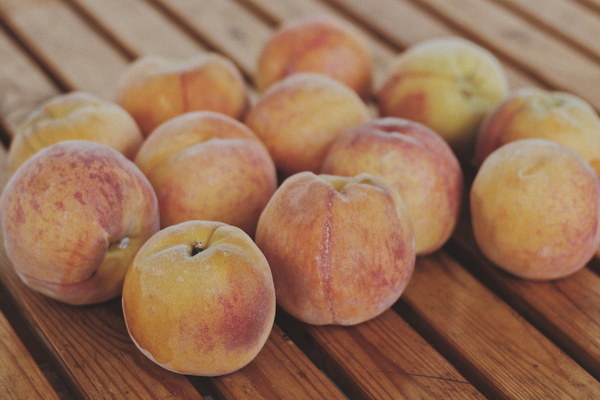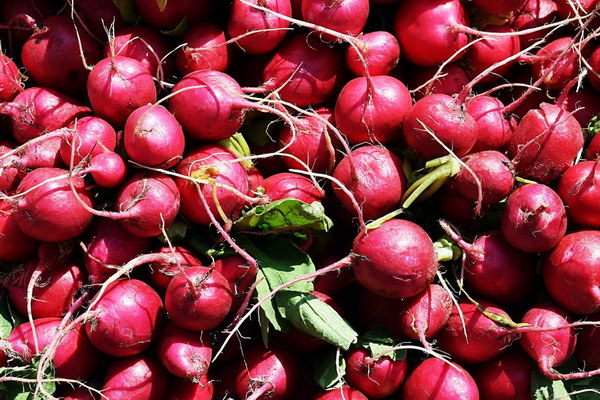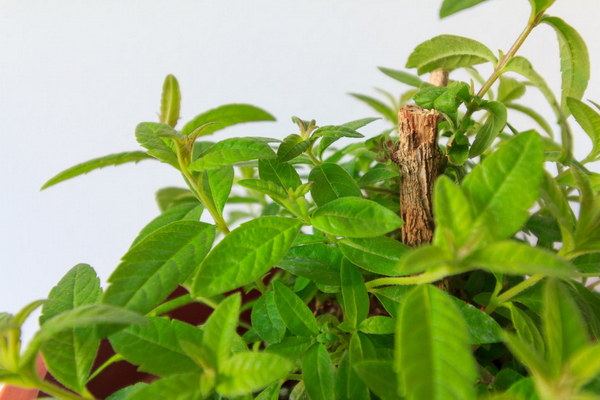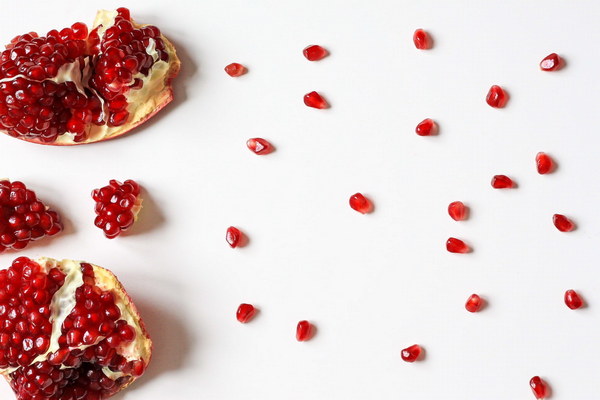Natural Remedies for Dampness and Cough How to Alleviate Both with Traditional Chinese Medicine
Natural Remedies for Dampness and Cough: How to Alleviate Both with Traditional Chinese Medicine
In the realm of holistic health, the concept of dampness and its association with coughing is a fundamental principle of Traditional Chinese Medicine (TCM). Dampness is considered an internal pathogen that can manifest in various ways, including respiratory issues like coughs. This article delves into the causes of dampness, the symptoms of dampness-related coughs, and how TCM offers natural remedies to alleviate both.
Understanding Dampness in TCM
In TCM, dampness is believed to arise from an imbalance in the body's fluids, often due to factors like excessive eating, living in damp environments, or stress. This imbalance can lead to the accumulation of dampness in the body, which can affect various organs, including the lungs, causing coughs and other respiratory problems.
Symptoms of Dampness-Related Coughs
The symptoms of a dampness-related cough can vary but often include:
- A persistent, wet cough that produces thick, white or clear phlegm.
- A feeling of heaviness or congestion in the chest and lungs.
- Fatigue or lack of energy.
- A greasy or thick tongue coating.
- Discomfort or pain in the joints or muscles.
- A bloated or distended abdomen.
Natural Remedies for Dampness and Cough in TCM
1. Herbal Remedies:
- Astragalus (Huang Qi): This herb is known for its immune-boosting properties and is often used to expel dampness and support lung health.
- Poria (Fu Ling): Poria is a powerful diuretic and is used to drain dampness and reduce swelling in the body.
- Coptis (Huang Lian): Coptis is used to clear heat and dampness, making it beneficial for coughs with fever or yellow phlegm.

2. Acupuncture:
- Acupuncture can help to balance the body's energy (Qi) and drain dampness. Specific points, such as Lung 1 (Lu 1) and Large Intestine 4 (LI 4), are often used to treat coughs related to dampness.
3. Dietary Adjustments:
- Avoiding foods that contribute to dampness, such as dairy, sugar, and fried foods, is important. Instead, focus on a diet rich in lean proteins, vegetables, and whole grains.
- Incorporate herbs like ginger, turmeric, and cinnamon into your diet, as they have drying properties and can help to expel dampness.
4. Exercise:
- Regular exercise can help to promote the circulation of Qi and drainage of dampness. Activities like walking, tai chi, and qigong are particularly beneficial.
5. Moxibustion:
- Moxibustion involves burning dried mugwort near the skin to stimulate circulation and expel dampness. It can be particularly effective for stubborn coughs that are related to dampness.
Conclusion
Treating coughs that are related to dampness involves a multifaceted approach that addresses both the symptoms and the underlying root cause. By incorporating natural remedies from Traditional Chinese Medicine, individuals can often find relief from the discomfort and inconvenience of dampness-related coughs. It's important to consult with a qualified TCM practitioner to tailor the treatment to your specific needs and to ensure the remedies are safe and effective for your condition.









